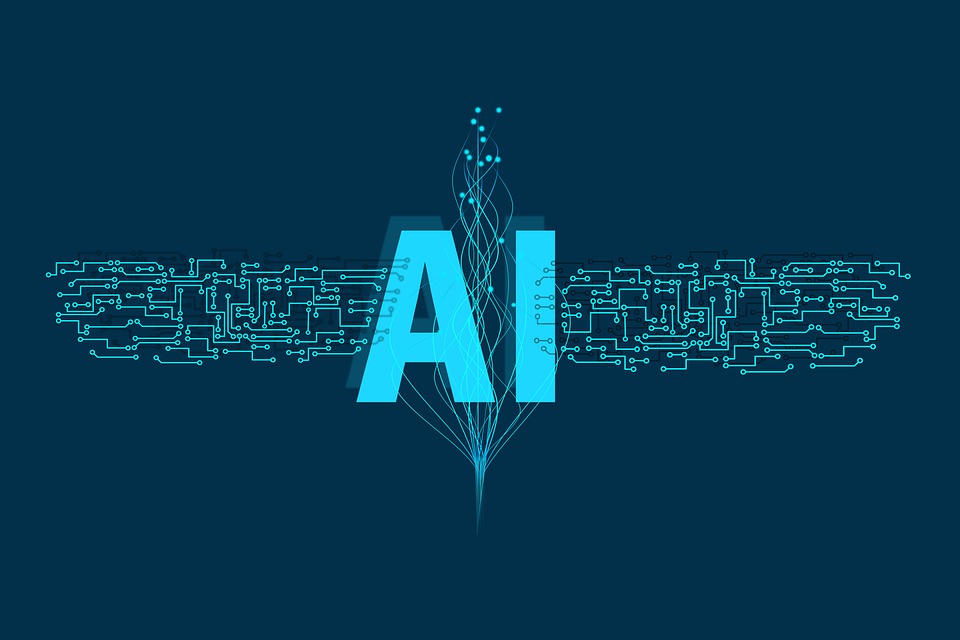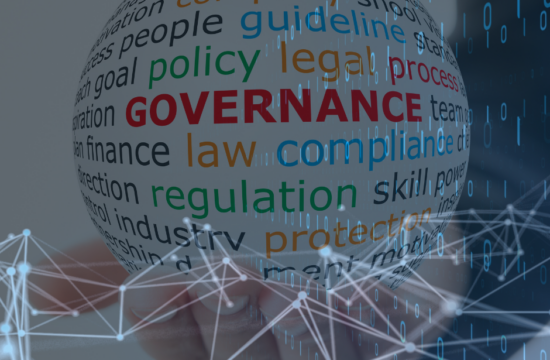Introduction
Today, data is power. Qualitative, meaningful insights derived from collected data give businesses an edge in competition. However, consumer information privacy and the protection of their personal information has now been included in the ambit of the law, greatly limiting what consumer information businesses can peruse and in what ways.
Among the world’s most talked-about data privacy laws is the California Consumer Protection Act (CCPA), which came into effect on January 1, 2020. Its enactment has thrown a spanner in the Data Discovery efforts of organizations worldwide.

The CCPA stipulates certain compliances that must be mandatorily observed in order to protect consumer information from being misused or used without consent. Considering that big data analytics is expected to reach a revenue of $68 billion by 2025, there is an increasing need for a mechanism that empowers the process of data discovery and aligns it with CCPA compliances.
Let’s see how data discovery can develop a sound foundation that synchronizes with the CCPA.
CCPA and Data Discovery
Owing to accelerated digitalization, cybercrime, AI technologies, and high volumes of online traffic, the collection and processing of consumer data has become a sensitive topic today more than ever.
Data discovery walks the tightrope, especially where the CCPA holds its sway – it has emerged as one of the most stringent consumer data privacy laws out there. Businesses are required to disclose their data collection practices in accordance with the CCPA, and consumers can choose to have their personal information (PI) deleted or even refuse to have it collected altogether.
Data discovery becomes even more complicated when ambiguities occur in what can be classified as personal/sensitive information under the CCPA, with many definitions resulting in clashes or redundancies. The use of robust, cascade-filter implements thus becomes necessary. These tools are empowered by artificial intelligence and machine learning to systemize the process of data discovery in line with the CCPA compliances.
Aligning the use of Big Data with privacy laws has tangible benefits, as corroborated by a Cisco report. It details how organizations closer to GDPR compliance experienced fewer breaches and lower cost-per-breach than those that weren’t.
Let’s see how that works.
Establishing Synchrony Between Data Discovery and CCPA Compliance
The world is predicted to generate 181 Zettabytes of data by 2025. That is a lot of data. In the context of observing and respecting consumer privacy and data protection, businesses will need intelligent implements to tailor a data discovery process that can classify and segregate usable information from protected data. Privacy compliance can thus be simplified to an extent such that manual comprehension of copious amounts of data becomes possible.
Intelligent software equipped with the power of artificial intelligence and machine learning assists businesses in aligning their data discovery process to CCPA compliance mandates. An example of such software is Secuvy’s Data Discovery tool, which employs AI and ML to assist organizations with data privacy compliance by readjusting the way data is processed.
Identifying Compliance Mandates
The first step to rejig data discovery constitutes thoroughly understanding the data privacy requirements applicable to your business region. In addition, consumer geography must be studied to determine if any data privacy laws apply to their data as stipulated by the region they reside in.
Automating data discovery powered with artificial intelligence promotes more visibility into privacy laws in the context of consumer data and helps operationalize data discovery according to the prescribed regulations.
Cataloging Data
AI data discovery software has the capability to sift and sort through large volumes of data with the objective to:
- Identify and collect metadata pertaining to sensitive information and tag it
- Create a repository of the data tagged as sensitive
- Boost supervision and contextual “understanding” of collected data to derive accurate insights for safe data use within compliance parameters
- Eliminate the risk of false positives or negatives by intelligently establishing lexical, contextual and interpretative correlations between privacy regulation and data discovery
AI software for data discovery can help organizations offset the data breach costs (average total at $3.86 billion according to IBM) by strengthening the foundations of data governance.
Data Relationship and Mapping
AI-based data discovery tools assist organizations in improving bad data management practices by automating a large part of their data discovery. With data privacy protocols hardwired into the AI engine, it becomes possible to:
- Improve data visibility of sensitive assets in lieu of the applicable privacy regulations
- Identify potential compliance/security/privacy breaches and act on them promptly with a view to correct data mismanagement
- Establish data linkages, relationships, histories, and other correlations between various datasets categorized by subject or other identifiers
- Compile data attributed in a single interface to get the complete picture of your data scene
Data Risk Management and Compliance Monitoring
The CCPA empowers consumers to sue organizations if they find evidence of data misuse. Collecting Big Data and processing it improperly is thus immensely risky. AI-based data discovery software automates data storage and access, making it easier to locate specific datasets when in need. This also attenuates risk severity by catalyzing prompt action on non-compliance and revisiting appropriate security controls.
Additionally, Data Discovery Tools supervise the flow of data in and out of the organization, maintaining security protocols at each stage until the data moves out of its ambit.
Conclusion
While the CCPA restricted the free use of consumer data by organizations, there is still a way to ethically and responsibly handle all this information and run business intelligence effectively.
Needless to say, the end-to-end compliance assurance that comes with Automation offered by AI-powered data discovery ecosystems like Secuvy has many benefits to bestow on organizations grappling with high data volume and a lack of best practices.





